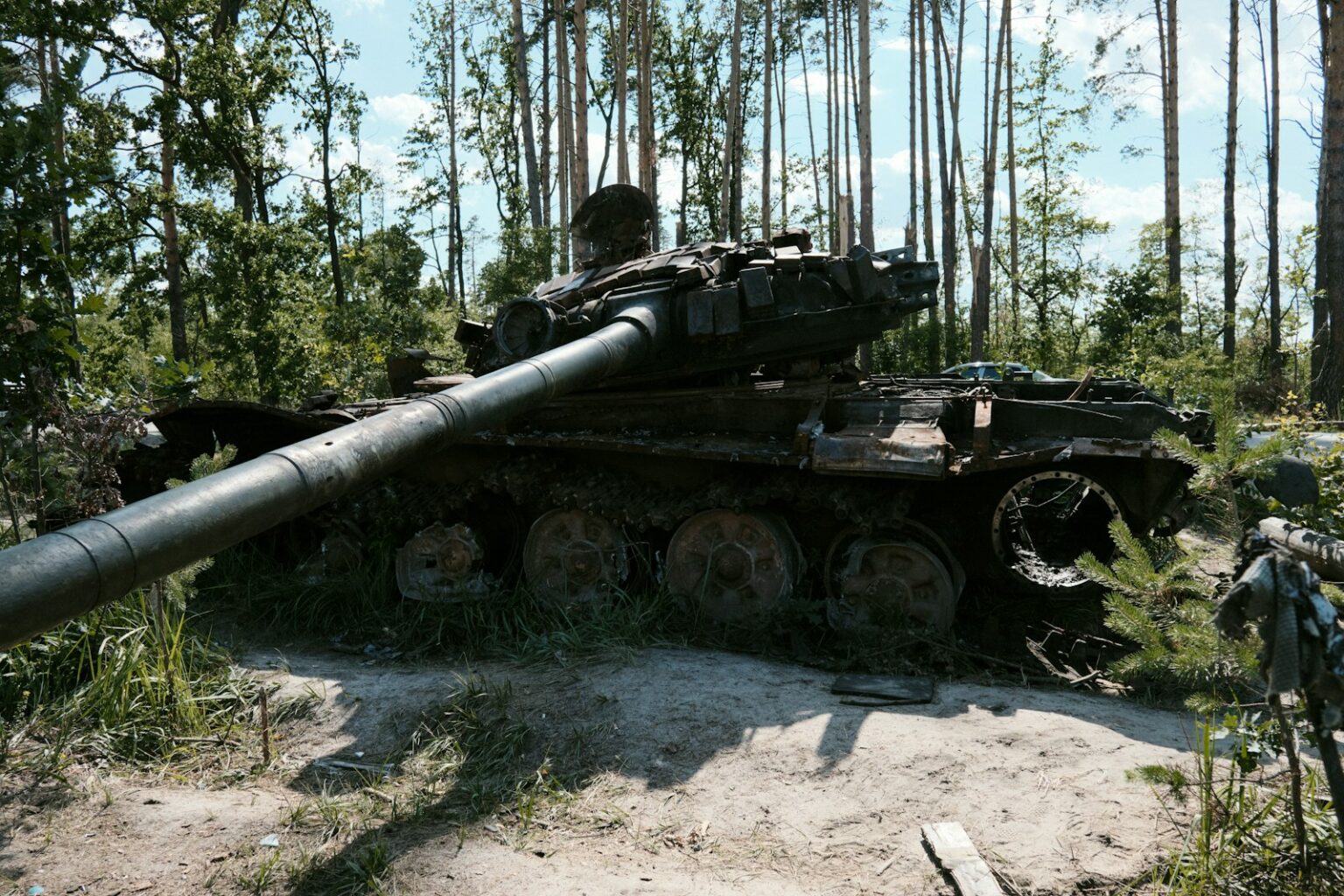Russia's Potential Counter-Escalation in the Black Sea: Rumours and Implications
- Ukraine War
- Posted 2 years ago
The ongoing conflict between Russia and Ukraine has taken a potentially precarious turn, with rumours circulating about Russia’s potential aggressive actions in the Black Sea. According to unconfirmed reports, the Russian military is considering heightened countermeasures against U.S. and NATO surveillance drones and aircraft operating in the region. This move, if executed, would be a direct response to the United States and NATO’s decision to authorize cross-border strikes by Ukraine into Russian territory using American-supplied weapons.
The Rumoured Russian Counter-Escalation
While the information remains speculative at this stage, the rumoured Russian counter-escalation in the Black Sea is said to involve more aggressive actions aimed at deterring U.S. and NATO surveillance activities. This potential move comes on the heels of the United States and NATO’s controversial decision to greenlight cross-border attacks by Ukraine into Russia using American weapons.
It’s crucial to note that, as of now, these reports are merely rumours, and no official confirmation has been provided by Russian authorities. However, if these rumours prove true, it would mark a significant escalation of tensions in the region and could potentially exacerbate the ongoing conflict.
A Measured Response or Dangerous Escalation?
Supporters of the potential Russian move argue that it would be a measured response to the recent decision by the U.S. and NATO to authorize cross-border strikes by Ukraine into Russian territory. From their perspective, this decision represented a significant escalation of the conflict, and a counter-escalation by Russia in the Black Sea could be seen as a defensive measure to protect its interests and sovereignty.
However, critics warn that such actions by Russia could further destabilize the already precarious situation in the region and potentially lead to unintended consequences or miscalculations that could spiral into a broader confrontation between Russia and NATO.
The Importance of Diplomacy and De-escalation
As tensions mount in the Black Sea, the need for diplomatic efforts and de-escalation measures becomes increasingly apparent. Both sides must exercise restraint and engage in constructive dialogue to prevent the situation from escalating beyond control.
International organizations and neutral parties could play a crucial role in facilitating negotiations and fostering an environment conducive to resolving the conflict through peaceful means. Ultimately, any military action or counter-escalation should be a last resort, as the costs of a prolonged and intensified conflict would be catastrophic for all parties involved.

